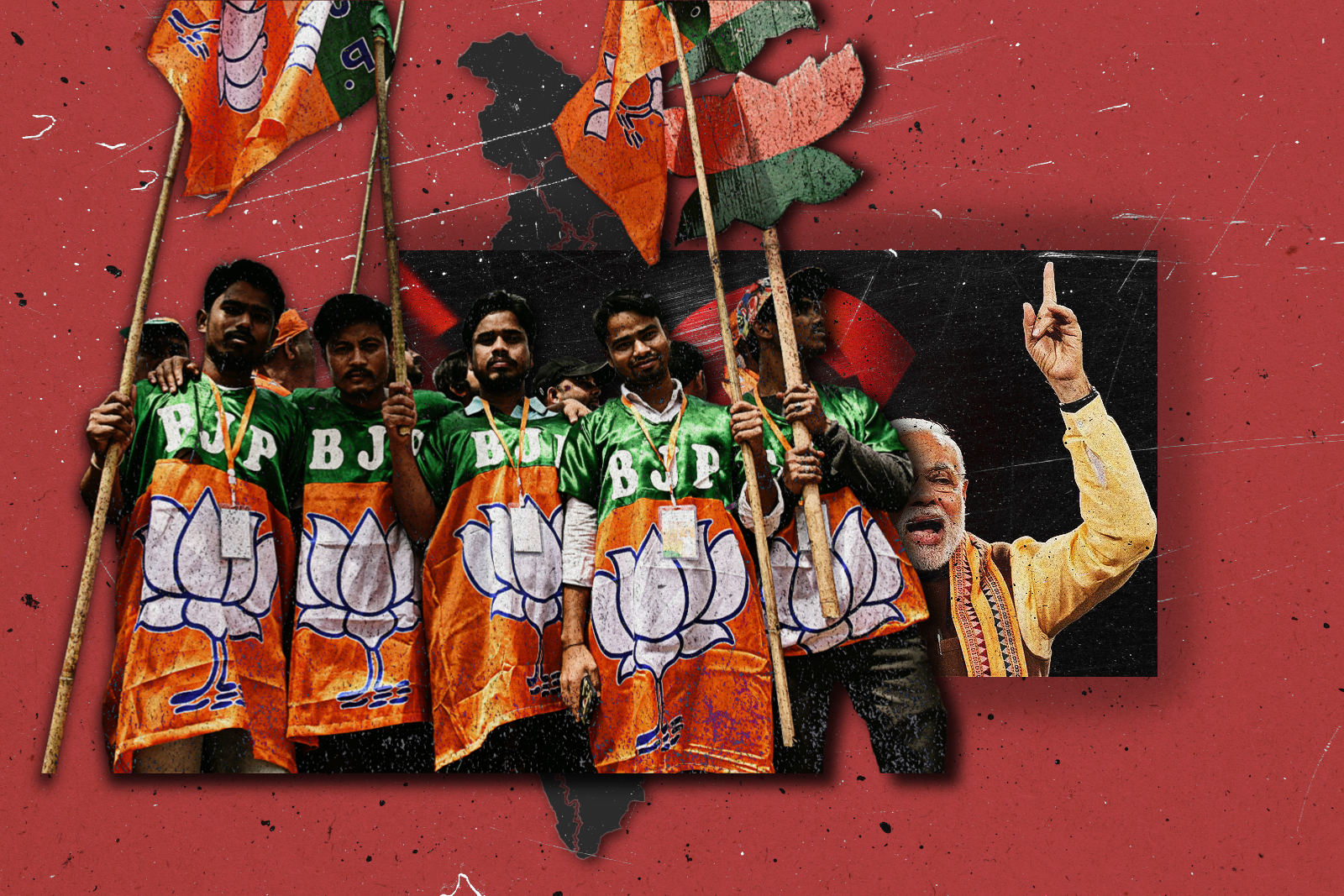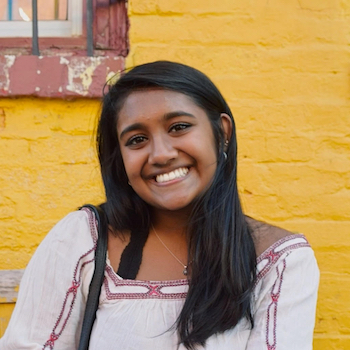
The United States is Enabling Democratic Backsliding in India
In January, the BBC released “India: The Modi Question,” a documentary critical of India’s Prime Minister Narendra Modi. The subject was Modi’s inaction during a deadly riot in 2002 when he was Chief Minister of Gujarat state. Three weeks later, the government raided the BBC’s offices in New Delhi and Mumbai, on the pretext of a tax evasion probe. The raids, not the first on a news outlet critical of the Modi government, illustrate a pattern of authoritarianism. The raids signal a decline in the world’s largest democracy.
India’s democratic backsliding is a real and dangerous threat to the international order. Modi’s government, led by the Hindu nationalist Bharatiya Janata Party (BJP), routinely discriminates against religious minorities, promotes censorship, and punishes dissent. To counter this dangerous trend, the Biden administration should leverage its influence to insist on a return to shared democratic ideals. Rather than remain silent, the United States should speak out about democracy in India.
During the BJP’s time in power, it stripped Jammu and Kashmir of its special status and placed it under a media blackout. The state of Assam implemented a National Register of Citizens that excluded 1.9 million people, mostly Muslims, questioning their citizenship. More recently, Modi’s government has banned viewing the BBC documentary, detained students at viewing parties, and forced social media companies to remove links to the documentary. The BJP has strong Islamophobic and authoritarian undercurrents that contradict the secular history and origin of India as a democracy.
Why should the U.S. speak out about democracy in India?
India is crucial for Washington in pursuing its foreign policy goals in the Indo-Pacific. India as an emerging power can both balance against Chinese influence and help secure the U.S. position in the region. India’s descent into authoritarianism threatens its capability to be a strong partner to the U.S. The U.S. privately raised concerns previously about democratic backsliding in India. The Modi government did not change its policies. Quiet diplomacy has not been effective in reminding India of its commitment to democracy.
India needs U.S. support and has stated so publicly. It needs Washington’s support to counter China particularly along its shared land border. India will want to maintain its favor with the U.S. to ensure its sustained economic growth and national security.
Publicly denouncing democratic backsliding in India will contribute to stability in the region and improve India-Pakistan relations. Both India and Pakistan are nuclear powers. The revocation of the special status of Jammu and Kashmir has escalated tensions between the two countries. Anti-Muslim rhetoric from India has contributed to strained relations as Pakistan is a Muslim-majority country. U.S. condemnation of Hindu nationalism will slow anti-Muslim rhetoric coming out of India and help India-Pakistan relations in the long term.
Speaking out against authoritarianism strengthens the liberal international order. The U.S. should signal globally that it is a strong defender and protector of democracy. Freedom House demoted India’s global freedom ranking to “partly free” in 2021. The annual press freedom index published by Reporters Without Borders ranked India in 150th place out of 180 in 2022. So the time to speak out is now.
Shouldn’t the U.S. take care of democracy at home before involving itself in other countries? The U.S. can do both at the same time. Strengthening domestic democratic institutions sends a strong signal to countries that are backsliding. Strengthened democratic institutions can in turn strengthen democratic relationships and markets. The U.S. should lead by example.
India will be hosting the G20 summit this year ahead of its next election in 2024. The U.S. is in a unique position to remind India of its growing role in the Indo-Pacific and the liberal international order. Jawaharlal Nehru, India’s first prime minister, often stated that one of India’s greatest strengths was its plurality of religion and identity. Even if secularism isn’t enshrined in the Indian constitution, it is enshrined in the hearts and minds of generations of Indians. This includes the millions of people who make up the Indian American diaspora. With the help of the U.S., India can reach its full potential as a great power and remain the world’s largest democracy.

